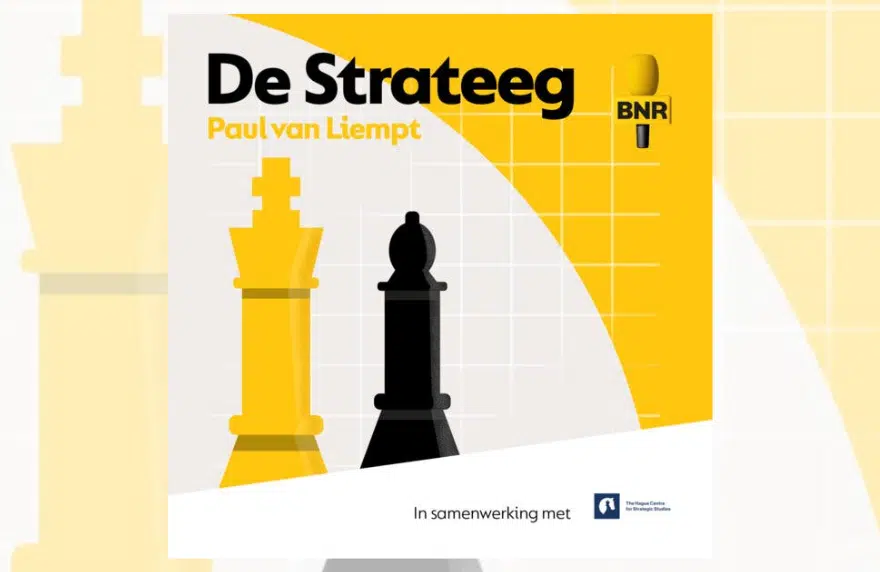East Asia has become the manufacturing and one of the consumption centres of the world economy throughout the last fifty years. Dangerously, the probability of a military crisis in East Asia, in particular a military conflict over Taiwan, has increased throughout the last decade. Disruptions in the supply of essential components, such as semiconductors, and end-products will have consequences for the functioning of critical sectors and the economy of the Netherlands and the EU. As a result, both the Netherlands and the EU have a strong interest in maintaining peace and stability in the Taiwan Strait.
The committee on Foreign Trade and Development Cooperation of the Netherlands House of Representatives has asked HCSS to assess the geo-economic consequences of a military conflict on and around Taiwan. This report by Joris Teer, Davis Ellison and Abe de Ruijter outlines the geopolitical-military context in which Dutch-European trade relations with Taiwan take place. It maps the consequences of war-related disruption of an (armed) conflict around Taiwan for these relations. In order to do so, this report sets out to identify the likely and possible consequences for critical sectors (e.g., the medical and defence industry) and the broader economy of the Netherlands and the EU, if China applies military power to change the status quo in its relations with Taiwan. By outlining these impacts, the report seeks to facili¬tate the Committee in identifying measures that may contribute to the prevention of conflict and to mitigate the negative consequences of a conflict. In the section “Policy implications and recommendations” on pages 50 to 53, the authors make policy recommendations to contribute to these goals.
In addition, governments, businesses and other organizations would do well to think through the consequences of military conflict in East Asia a structured way. Going through geopolitical-military stress tests with defense and geo-economic experts always reveals new vulnerabilities. Exercises to test whether organizations are prepared for cyber-attacks are commonplace. Yet, organizations far less often probe how they would do under war-related disruption of their supply chains and perhaps even production sites. Based on the insights derived from such stress-tests, risks can be mitigated. Our crisis scenarios, the “Taiwan crisis storylines” presented in Section 3.2 and Appendix A serve this purpose.
© The Hague Centre for Strategic Studies. The research for and production of the Dutch-language version of this report was commissioned by the committee on Foreign Trade and Development Cooperation of the Netherlands House of Representatives. Responsibility for the contents and for the opinions expressed, rests solely with the authors.
The research for the content of this report was finalised on 1 February 2024. Events or development that took place or were revealed after this date have not been taken into account.
Authors: Joris Teer, Davis Ellison and Abe de Ruijter.
Contributions by: Rob de Wijk, Tim Sweijs, Han ten Broeke, Benedetta Girardi, Anna Sophie den Ouden and Berend Kwak.
Infographics design: Jelle van der Weerd.













